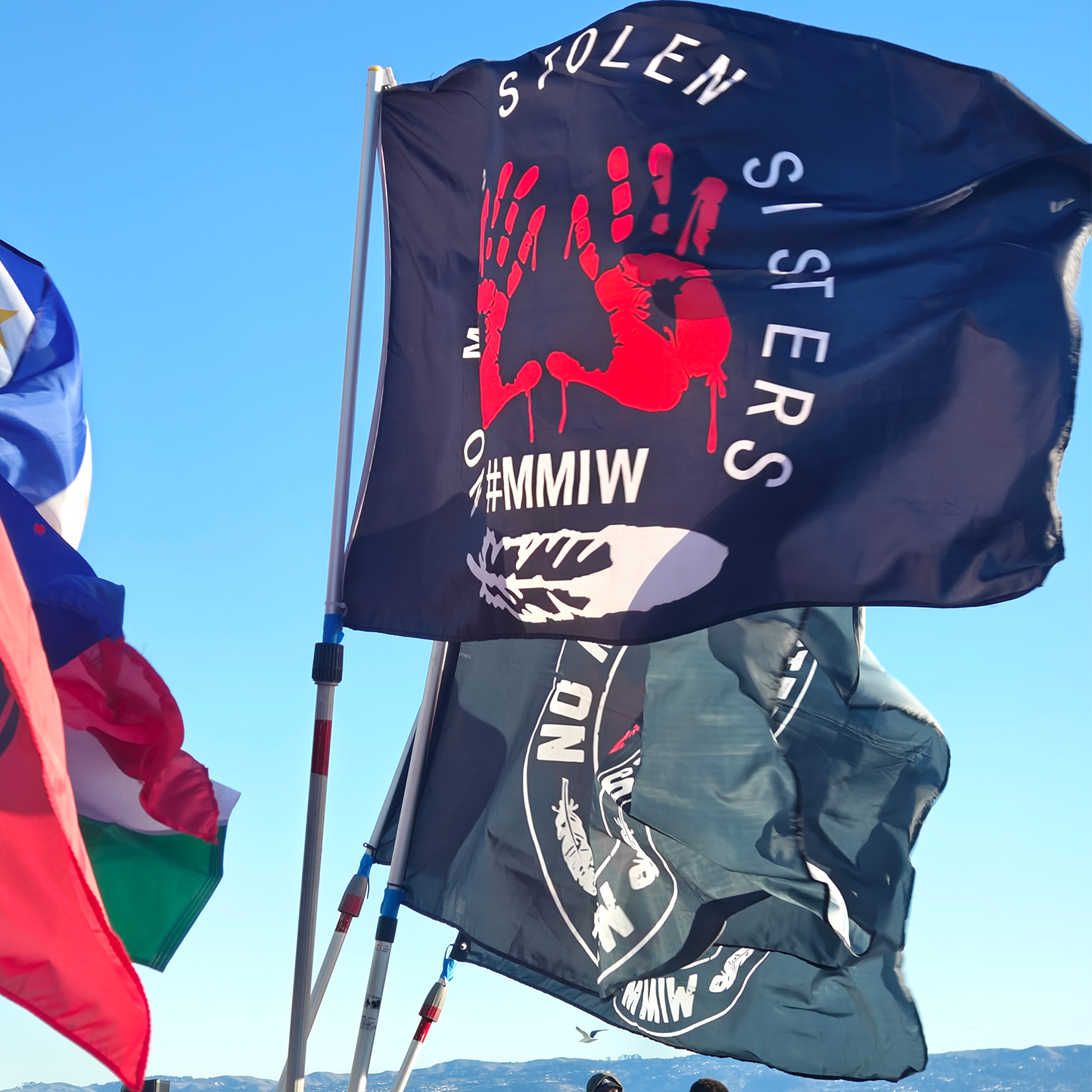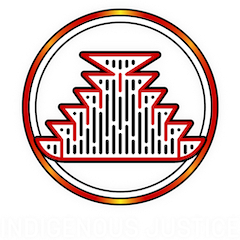Missing and Murdered Indigenous People
California is one of the top 10 states that Indigenous women are facing a crisis of survival. RJIP has been providing support to impacted families through advocacy, healing circles, and helping to create survivor centered spaces.

This is some text inside of a div block.
In need of support?
The MMIW/P Rapid Response Fund prioritizes the following:
The Tribally affiliated Indigenous Women/Person who is a survivor of violence Individuals who are justice-impacted or survivors of violence;Individuals who are very low-income (0-30% of Area Median Income) and, should funding allow, applicants deemed low-income (30-50% of Area Median Income)
Request supportThe Tribally affiliated Indigenous Women/Person who is a survivor of violence Individuals who are justice-impacted or survivors of violence;Individuals who are very low-income (0-30% of Area Median Income) and, should funding allow, applicants deemed low-income (30-50% of Area Median Income)

The Crisis of Missing and Murdered Indigenous Women and Relatives is Rooted in Genocide, Not a Disease:
MMIW/P isn't new or sudden-it's the result of centuries of colonial violence, systemic racism, and oppression. From forced removals to boarding schools, sterilization policies, and land dispossession, this crisis is a direct continuation of state-sanctioned violence against Indigenous peoples.

MMIW/P is a Systemic Crisis, Not a Public Health Issue
An "epidemic" implies something that can be contained or cured. But MMIW/P is deeply tied to structural issues like jurisdictional loopholes preventing Tribal Nations from prosecuting non-Native perpetrators, lack of law enforcement accountability, and the extractive industry fueling violence against Indigenous women. Addressing MMIW/P requires systemic change, not just short-term interventions.



